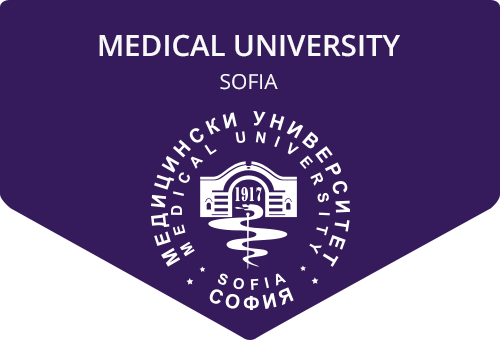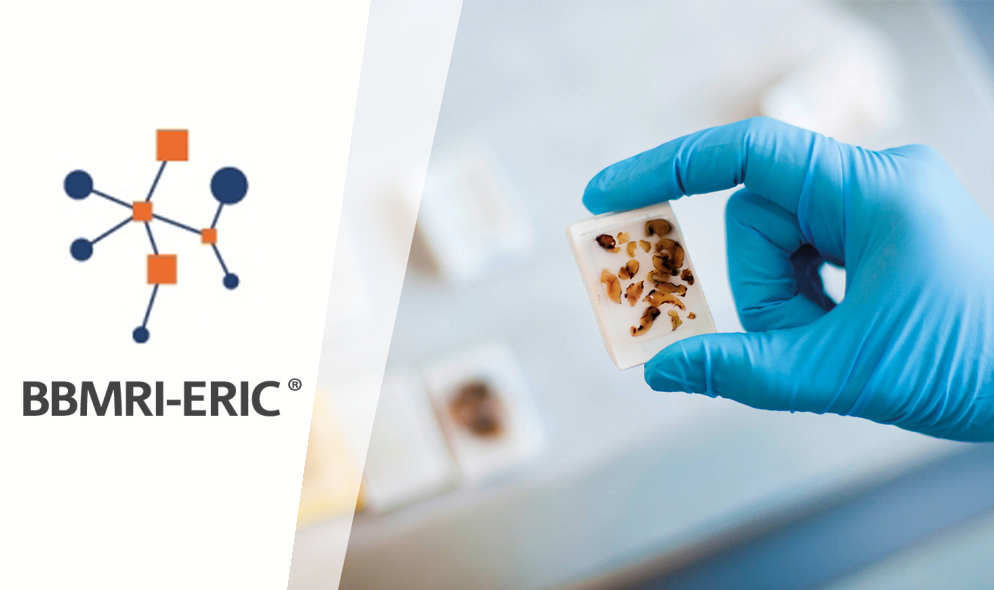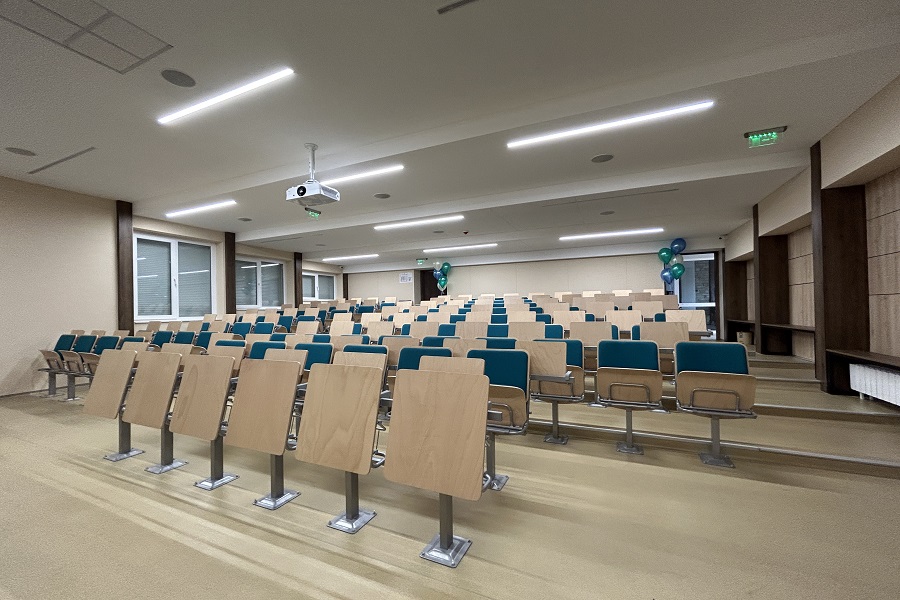Bulgaria has joined the Biobanking and BioMolecular resources Research Infrastructure – European Research Infrastructure Consortium (BBMRI-ERIC) at its Assembly of Members, which took place in Bologna on the 23rd May 2018.
Bulgaria will be represented by the Medical University-Sofia and becomes the 21st Member. The Medical University-Sofia (MUS) is the biggest university in the field of medical science and biomedical research in Bulgaria. The MUS is the coordinating institution of the National University Complex for Biomedical and Applied Research infrastructure which is a part of the National Roadmap for RIs since 2014. The Ministry of Education and Science is a financial coordinator of all RIs included in the Roadmap. In the coming months, the Bulgarian Ministry of Education and Science and MUS will work with BBMRI-ERIC to set up the BBMRI National Node, the national network of Bulgarian biobanks that will interact with BBMRI-ERIC and use and disseminate BBMRI-ERIC services across the country.
Bulgarian Minister of Education and Science Mr Krassimir Valchev said, “I would like first to thank BBMRI-ERIC for the warm welcome of the Bulgarian biobanking and biomedical community to their European family. I am proud that we have excellent research teams who collaborate world-wide and I am convinced we should further strengthen our policies and instruments in support of our bright minds and the research and innovation development in the country. Among our European priorities are acceleration of knowledge transfer and increased access to research results, including via fostering European open science initiatives and ensuring Long-term sustainability and openness of pan-European Research Infrastructures. Bulgaria is committed to continue its efforts to contribute to the European research area main pillars and common goals.”
BBMRI-ERIC’s Director General Erik Steinfelder said, ‘It is with great pleasure I welcome Bulgaria to BBMRI-ERIC. Bulgarian biobanks are now connected to the world like never before. At the same time, Bulgarian researchers and biobankers will have access to knowledge, IT tools, and tailor-made guidance by BBMRI-ERIC that will support the further development of biobanking and biomedical research in Bulgaria”.
“This is also a milestone for the broader European research.” commented Steinfelder: “When other countries are decreasing investments in research, Bulgaria is showing the way, boosting the development of its biomedical sector. From our part, we will do our best to make sure that Bulgaria’s trust in BBMRI-ERIC will yield fruits beyond the face value of joining a European Research Infrastructure”.
Steinfelder concluded saying: “BBMRI-ERIC believes in providing services to make new treatments possible, but biomedical research does not happen in a vacuum: it requires a multidisciplinary approach. That’s why we are increasing our collaboration with other ERICs to ensure that in the future research infrastructures in biomedical research will, in the future, integrate their services and therefore increase the value for Bulgarian and other European biobanks to be connected to BBMRI-ERIC. That is why we welcome the Council conclusions on accelerating knowledge circulation within the EU: we are going in the same direction”.
To perform high level, impactful biomedical research and deliver on the promises of personalised medicine, researchers need high quality human samples, that are collected in full protection of patients and citizens’ rights to privacy, and that are stored in top-of-the-class biobanks, respecting international standards. BBMRI-ERIC brings together more than 500 biobanks in 21 European countries, and connects them under the Directory, the largest human biorepository in the world, with more than 100 million samples. BBMRI-ERIC’s mission is to facilitate access to biological resources and biomedical facilities. This makes BBMRI-ERIC and its biobanks a central player in making new treatments possible.
BBMRI-ERIC is an international, non-for-profit organisation established under EU law. Its headquarters are in Graz, Austria and it has a liaison office in Brussels.
BBMRI-ERIC provides support and services to local biobanks via BBMRI National Nodes (one per country). The National Nodes are fully involved in the day-by-day management of BBMRI-ERIC and provide feedback from the national level. BBMRI-ERIC services covering three main areas: ethical, legal and societal issues (ELSI), quality management, and IT solutions that allow users to search collections online and request access:
- Quality management services include consultancy programmes on guidelines and standards, monitoring and audit programmes, training and education, as well as support with quality management documentation and assessment;
- IT services include the Directory, the Sample/Data Locator and Negotiator as well as data harmonisation tools and reference tools for biobanks. The Directory is the largest biobanking catalogue on the globe, with more than 100 million samples. Find out more about the Directory here.
- ELSI services: BBMRI-ERIC supports the biobanking community by facilitating compliance with regulatory requirements and best practice standards. Given that the proper consideration of ethical, legal and social issues (ELSI) is key to any biobanking activity, BBMRI-ERIC provides services and tools for researchers who would like to be informed of ELSI matters or have specific ELSI questions.
BBMRI-ERIC funding comes from membership fees payed by Member States and from EU-funded projects.
Members: Austria, Belgium, Bulgaria, Czech Republic, Estonia, Finland, France, Germany, Greece, Italy, Malta, Latvia, the Netherlands, Norway, Poland, Sweden, United Kingdom
Observers: Cyprus, Switzerland, Turkey, IARC/WHO
Mission: BBMRI-ERIC will increase efficacy and excellence of European bio-medical research by facilitating access to quality-defined human health/disease-relevant biological resources.




